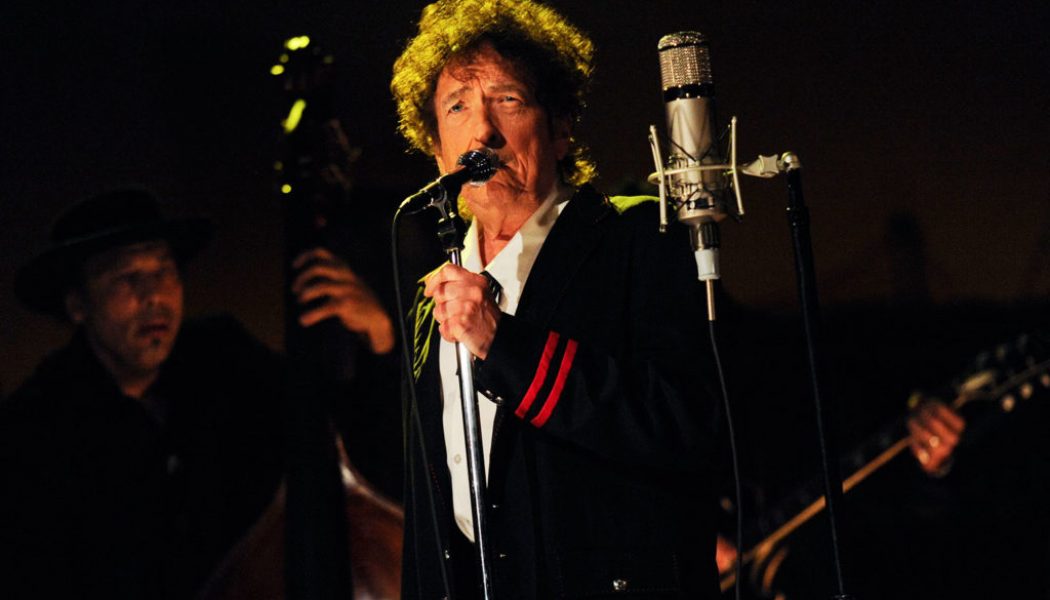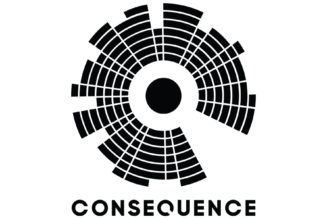
Another factor, industry sources say, is that the generation of singer-songwriters who came of age in the sixties and seventies is at a point where they’re thinking about their legacies, as well as estate planning. On December 4, Primary Wave Music Publishing announced that it had acquired a majority stake in the catalog of singer-songwriter Stevie Nicks, in a deal that The Wall Street Journal reported valued her compositions at $100 million. That deal and Dylan’s could trigger more big catalog transactions.
This is a unique prize, however. Among the songwriters of the rock era, only the Beatles are as influential as Dylan, the only songwriter to win the Nobel Prize for Literature. The catalog includes more than 600 compositions, written over the course of six decades, including “Blowin’ in the Wind,” “The Times They Are A-Changin,'” “Like A Rolling Stone,” “Knockin’ on Heaven’s Door,” and “Tangled Up in Blue.”
“To represent the body of work of one of the greatest songwriters of all time – whose cultural importance can’t be overstated – is both a privilege and a responsibility,” said UMPG chairman & CEO Jody Gerson in the UMG statement announcing the deal. In an internal company note about the deal, Universal Music Group chairman and CEO Sir Lucian Grainge wrote that it has “forever transformed the legacy of this company.”
In the early sixties, Dylan, 79, become one of the first popular artists to consistently write his own material, in the process overturning the dominant music publishing model of the time, which involved professional songwriters composing tunes to pitch to singers. Although Dylan has released 39 albums, some of his songs are still better known as recordings by other artists — from Jimi Hendrix’s iconic cover of “All Along the Watchtower” to Garth Brooks’ and Adele’s versions of “Make You Feel My Love.”
Some other recent big publishing acquisitions have essentially been auctions, but this deal seems to have been conducted fairly privately. There was no bidding war, according to a source close to the deal, which came out of the relationship between Dylan’s team and Universal Publishing, especially UMPG COO Marc Cimino, whom Gerson credited in the announcement as “instrumental in bringing this opportunity to us.”
Over the past decade, many creators have sold their catalogs to independent publishers, some of which are funded by private equity investors. But the majors – Universal, Sony/ATV, and Warner Chappell Music – still dominate the business. “When you put songwriters first, when you achieve unparalleled value for the art they create, when your track record is clear and consistent then the best of the best come to you,” Grainge wrote in his internal note.
Publishing catalogs are generally valued by multiples of net publisher’s share – roughly akin to gross profit after songwriter royalties are paid out but in this case annual revenue since Dylan now owns most of his publishing too – and the most valuable now sell for 17 or 18 times net publisher’s share, up from 14 or 15 times several years ago. It’s hard to estimate how much revenue Dylan’s publishing brings in, however, since his songs are so widely covered. The publishing from sales and streaming of Dylan’s own recordings might have been worth about a half a million dollars in the U.S. in 2019, according to a Billboard estimate. But the publishing from other versions of his songs could be worth several times that – cover versions of “Knockin’ on Heaven’s Door” alone generated more than $150,000 in the U.S. from sales and streaming last year – and synch licensing in movies, television shows and advertising generates still more revenue as does royalties from when Dylan’s songs are played in clubs, concert halls, bars, restaurants hotels and other retail-like establishments. So does royalty income come in from the musical Girl from the North Country.
Dylan’s songs have been covered by artists all over the world, from Brazilian icon Caetano Veloso to “Austropop” singer Wolfgang Ambros, and the use of his songs in advertising still generates attention. The iconic stature of Dylan’s songs could also open up other businesses: His lyrics have already been licensed for lyric books, picture books, and even a comic book (“Bob Dylan Revisited: 12 Graphic Interpretations of Bob Dylan Songs.”) And the fact that Darius Rucker had a No. 1 county hit with “Wagon Wheel,” based partly on an unreleased Dylan song from 1973, shows that money could be made in more traditional ways as well.
It’s hard to imagine many songwriters’ catalogs that would be worth more, partly because most classic rock catalogs are smaller, and many were the products of writing partnerships. Dylan occasionally worked with other writers – most prominently the theatre director Jacques Levy on Desire and Grateful Dead lyricist Robert Hunter on Together Through Life – but he composed by himself the vast majority of his songs, and all of the most popular ones.
Over the years, Dylan’s songs were divided into several catalogs, including Dwarf Music, Big Sky Music, Ram’s Horn Music, and Special Rider Music. This deal includes all of them, plus those written during Dylan’s 1962-1965 publishing deal with Witmark & Sons, which reverted to him. (Dylan’s very early compositions, including “Song to Woody” and some obscure topical songs, were published by Leeds Music, which Universal already owns.)
The deal also includes the publishing to “The Weight,” written by Robbie Robertson, the only song in the sale that Dylan did not write or co-write.









